climatedrift.substack.com/p/wh…
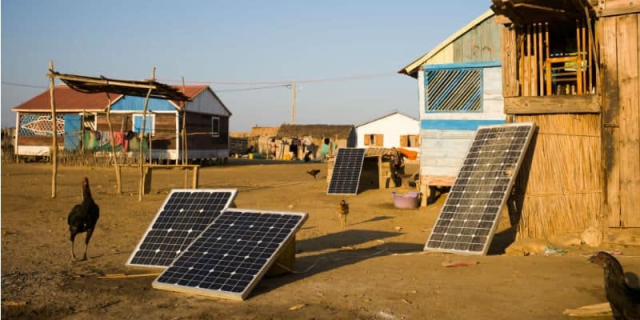
Why Solarpunk is already happening in Africa
Or: How Africa is building the future by skipping the pastSkander Garroum (Climate Drift)

Or: How Africa is building the future by skipping the pastSkander Garroum (Climate Drift)
Countries on the edge of the Sahara desert are reversing desertification by just digging half circles.
The ground in these places is too compact for water to soak in during wet season which leads to flooding but digging these holes gives the water a place to stop and soak in. And they’re pushing back the desert with this. By just digging holes.
via what-even-is-thiss
Justdiggit is on a mission to regreen Africa in the coming 10 years and cool down the planet, together with millions of farmers and with you!Justdiggit
This story bundle with many African scifi books, including mine, ends in 16 days. If there are any "book influencers" here, or perhaps you want to run a campaign of some sort and need to give people a gift or bonus or something, let me know and I can get you gift codes.
@bookstodon #writing #writingcommunity #sffbooks #sff #africa
This crowdfunding thing, where platforms accept money from all over the world but only people based in certain countries can create campaigns, has bugged me a lot, so I wrote about it some more, wondering if it is a symptom of the colonial economic system that ensures money flows in only one direction. Read about it here, and let me know your thoughts!
dilmandila.com/the-plight-of-a…
#CrowdfFunding #art #artists #filmmaker #film #Africa
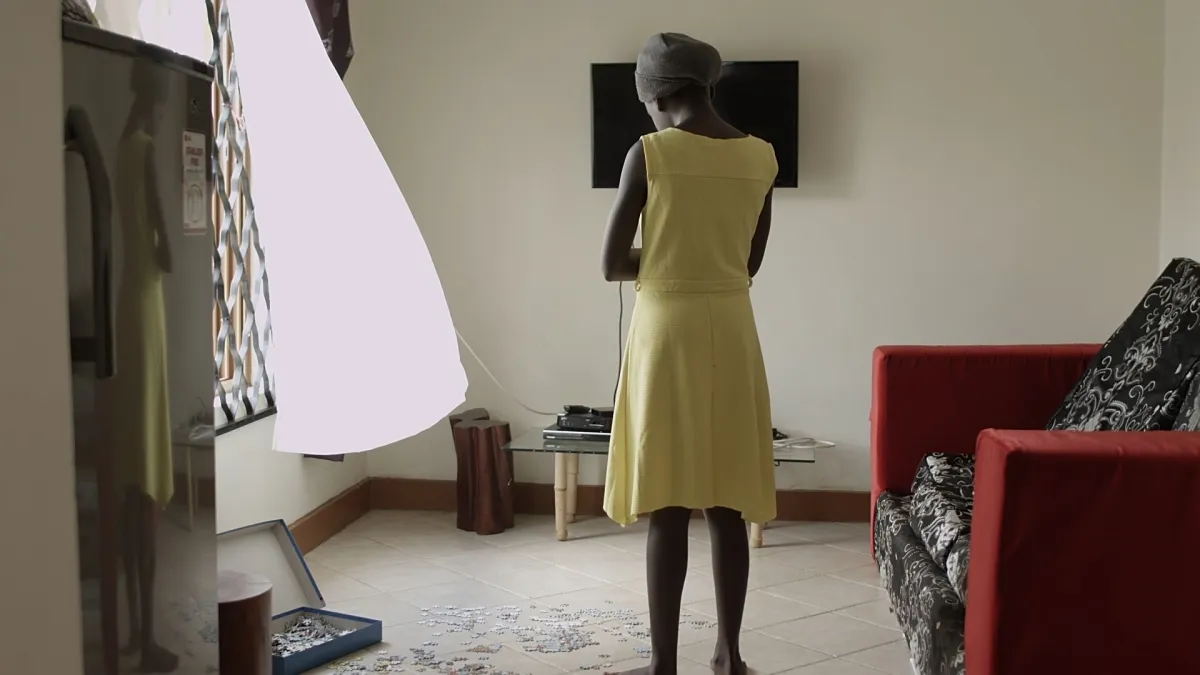
As I researched crowdfunding options for my next feature film, Big Tree, it pissed me off to discover that all major platforms, including kickstarter, backerkit, and indiegogo, allow creators only …Dilman Dila
Art by Kenyan artist April Kamunde
#aprilkamunde #womenartists #kenyanartist #contemporaryart #kenyanart #africanart #kenya #africa #BlackMastodon #blackstodon

Tucked away in Kenyatta market, one of the region's last remaining 33 and 45-rpm stores is a piece of East African music history.Arthur Frayer-Laleix (Le Monde)
Near Ouarzazate, me and @cobic have just met Czech cyclist Mirek and Slovenian cyclist Katya, who travel all around the world on their bicycles and live on the road and work as artists. I have introduced them to Mastodon and they are now @Cyclingnomads on our #fcz instance...
So if you want Cycling Nomads in Fediverse instead of just on Facebook and Instagram, don't hesitate and follow @Cyclingnomads !
#travel #cycling #nomad #nomads #morocco #africa #thesuntrip2024 #bike #camping #travel
Just three plant species, wheat, maize and rice, account for 60% of all food eaten globally. Crop science expert, Prof Tafadzwanashe Mabhaudhi, argues that many of Africa’s 30,000 edible plants must be revived.
#Food #Farming #Agriculture #Crops #Africa #Wheat #Rice #Maize #PlantScience
60% of Africa's food is based on wheat, rice and maize – the continent's crop treasure trove is being neglected
theconversation.com/60-of-afri…
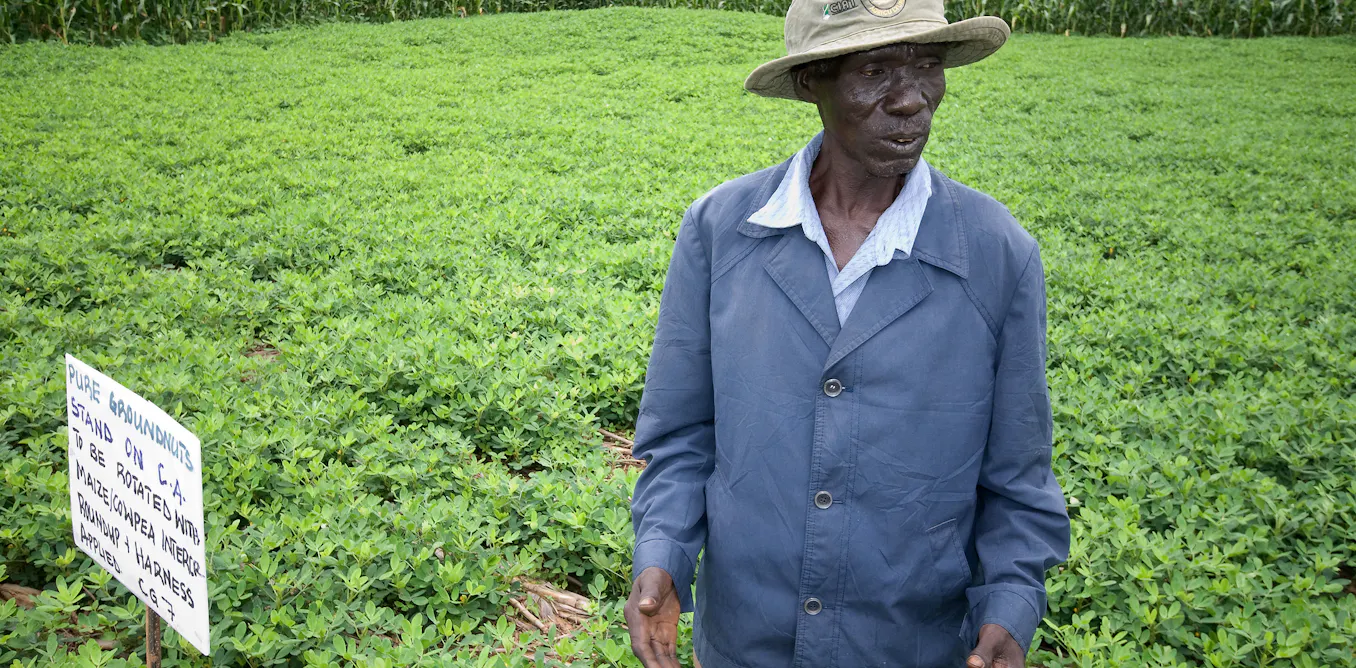
Just three plant species – wheat, maize and rice – account for 60% of all food eaten globally. A crop science expert argues that many of Africa’s 30,000 edible plants must be revived.The Conversation
HUGE BREAKTHROUGH, ESPECIALLY FOR SUB SAHARAN AFRICA
BBC News - Malaria vaccine big advance against major child killer
bbc.co.uk/news/health-66985273
#BlackMastodon
#BlackTwitter
#Africa
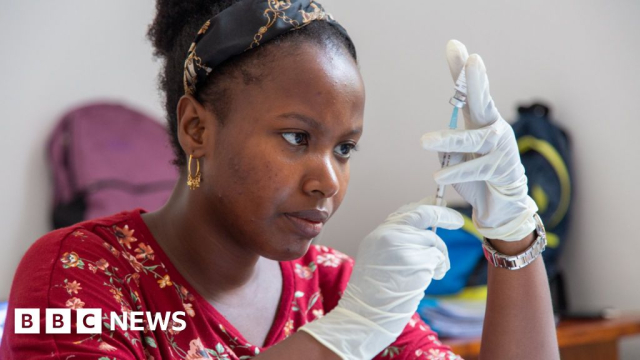
Deals are in place to make 100 million doses of the vaccine each year to fight the complex disease.By James Gallagher (BBC News)
On European social media we often discuss American issues and talk to Americans on social media - but doesn't it make sense for us to talk more to Nigerians, South Africans and Kenyans, and about their news, because that's who's awake at the same time as us?
Let me know if you are from these time zones, in #Africa, and I will follow you.
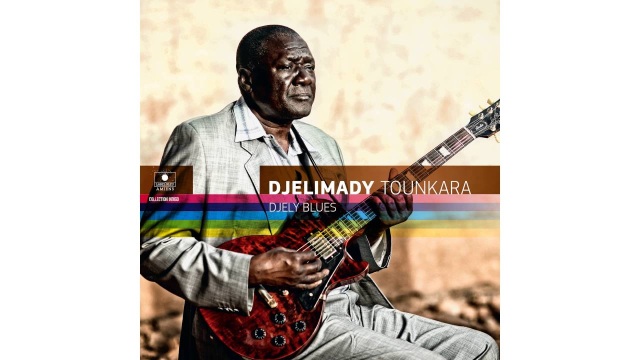
Buy on iTunes: https://itunes.apple.com/album/id1085077764Taken from Djelimady Tounkara « Djely Blues »Extrait de Djelimady Tounkara « Djely Blues »Productio...YouTube
I love reading The Continent. I highly recommend it for perspectives from African journalists. You can subscribe to it for free on WhatsApp, Telegram and Signal.
Text of attached image from todays’s issue of The Continent:
NAMIBIA. Another small fragment of stolen Africa returned.
Finland this week handed back fragments of a sacred Namibian stone that was desecrated by two Finns in 1886.
The two, a missionary and a geologist, saw a stone in northern Namibia that no one was allowed to touch but chipped at it, ostensibly because they wanted to know if it was a meteorite. The fragments eventually passed on to the National Museum of Finland and will now go to the National Museum of Namibia.
Africans have yet to go to Europe and desecrate important sites out of curiosity.
Not that they’d get visas.
Fascinating article!
"Unearthing a Long Ignored African Writing System, One Researcher Finds African History, by Africans: BU anthropologist Fallou Ngom discovered Ajami, a modified Arabic script, in a box of his late father’s old papers" posted December 21, 2022, written by Molly Callahan
bu.edu/articles/2022/fallou-ng…
A note in Ajami, a modified Arabic script, from Fallou Ngom's late father opened the door to a lifetime of discovery in African language and history.Molly Callahan (The Brink)
The greatest African scholar of the 16th century, Ahmed Baba.
According to John Henrik Clarke, Ahmed Baba’s life was a brilliant example of the range and depth of West African intellectual activity before the colonial era.
Ahmed Baba was born on Oct. 26, 1556, in Arwán, near Timbuktu, to the teacher, Ahmad bin al-Hajj Ahmad bin Umar bin Muhammed Aqit. He moved to Timbuktu at an early age to study with his father.
Ahmed Baba’s work ranged from biographies to commentaries, and he was one of the most celebrated professors. He was also the last Chancellor at the University of Sankore, Timbuktu. The University of Sankore has been compared to other higher learning institution during Muslim civilisation such as Al-Azhar in Egypt, Al-Qayrawan in Tunisia, Al-Qarawiyyin in Morocco and Qurtuba University in Spain. It also said to be a source of pride amongst African- Caribbean communities worldwide as it was a great intellectual institution dating back to civilisations in Mali, Ghana, and Songhai particularly during the 12th to 16th centuries.
Ahmed Baba strove to bring together the different ethnic groups that coexisted in Timbuktu at the time. For him, ethnic differences were less important than to knowledge. The Moroccans, despite holding Baba in open arrest, also considered him fully-fledged scholar.
Timbuktu’s institute of Higher Learning and Islamic Research, which houses some 30,000 manuscripts and is one of Africa’s most important collections of Islamic scholarly texts and historical chronicles, is named after Ahmed Baba.
schoolforafrica.org/uncategori…
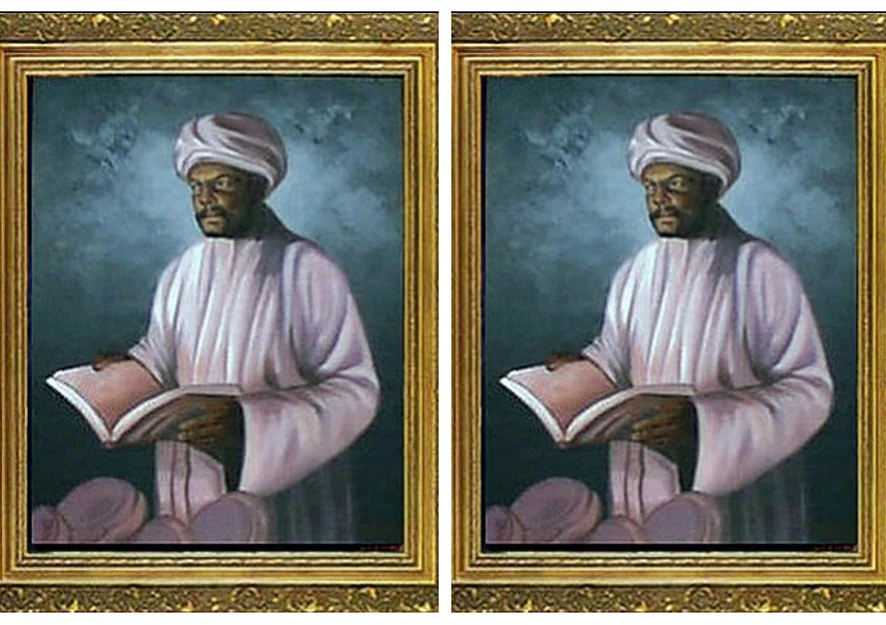
The greatest African scholar of the 16th century, Ahmed Baba. According to John Henrik Clarke, Ahmed Baba’s life was a brilliant example of the range and depth of West African intellectual activity before the colonial era. Ahmed Baba was born on Oct.Jonathan (SchoolForAfrica.org)